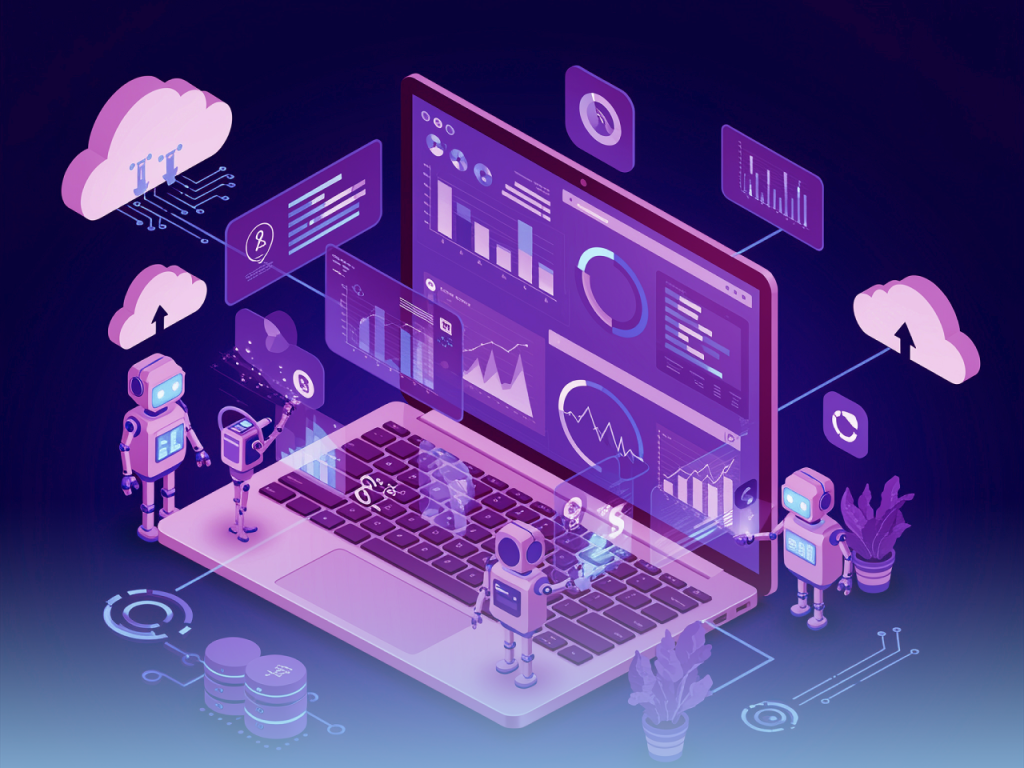Overview: The Developer’s Toolkit Is Changing
The requirements for software development are greater than ever in 2025. Growing security concerns, rapid release cycles, and the emergence of artificial intelligence have all changed the tools that developers use on a regular basis. The days of relying just on a text editor and a simple version control system are long gone. Smart code editors, AI-enhanced debuggers, and DevOps dashboards that automate whole CI/CD pipelines are just a few of the sophisticated tools that today’s developers need. Examining the essential developer tools for 2025, this blog delves deeply into how these advancements promote productivity, teamwork, and security throughout the software lifecycle.
Section 1: AI-Powered Code Editors’ Ascent
Traditional IDEs are being replaced or upgraded with AI-assisted features. These editors have evolved beyond simple syntax highlighters to include real-time issue detection, code completion prediction, and contextual documentation based on machine learning models. Code generation, refactoring recommendations, and natural language code searches are examples of features that are increasingly commonplace.
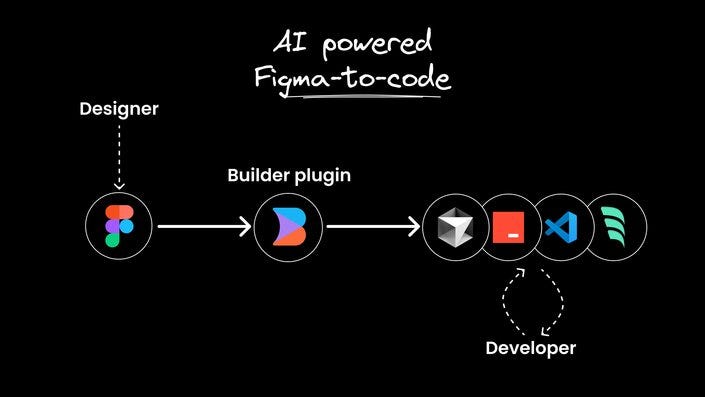
Section 2: Debugging Reimagined with Smart Analysis
Debuggers have advanced significantly. These days, AI-powered solutions can identify the underlying cause of issues, recommend automated repairs, and even model real-world edge cases. Time-travel debugging, where developers can step backward through code execution history, is becoming a standard feature in many environments.
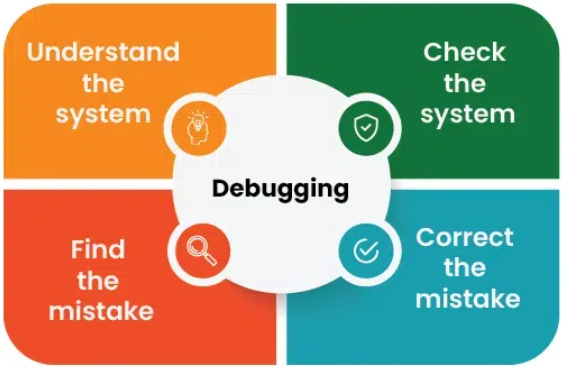
Examples of Features to Emphasize:
- Visual stack tracing
- Combined crash analysis
- Debugging distributed systems remotely
Section 3: DevOps Dashboards for Seamless CI/CD
In 2025, automation and visibility will be key components of DevOps technologies. From code changes to deployment status and performance data in production, these dashboards provide end-to-end monitoring. Using an identical panel, developers can integrate safety checks, build technology, version control, or orchestration for containers.
Among the essential skills are
- Pipelines that are automatically started based on commit changes
- Build health status in real time.
- Support for rollbacks and hotfixes
- Connectivity to container tools such as Docker and Kubernetes
Section 4: Next-Gen Testing Frameworks
Nowadays, testing is more than just creating unit tests. AI-generated test cases, automated visual regression testing, and behavior-driven development (BDD) all have been supported by the most recent tools. The manner of deployment works in conjunction with start-to-finish validation of the suites, providing real-time feedback on each code push.
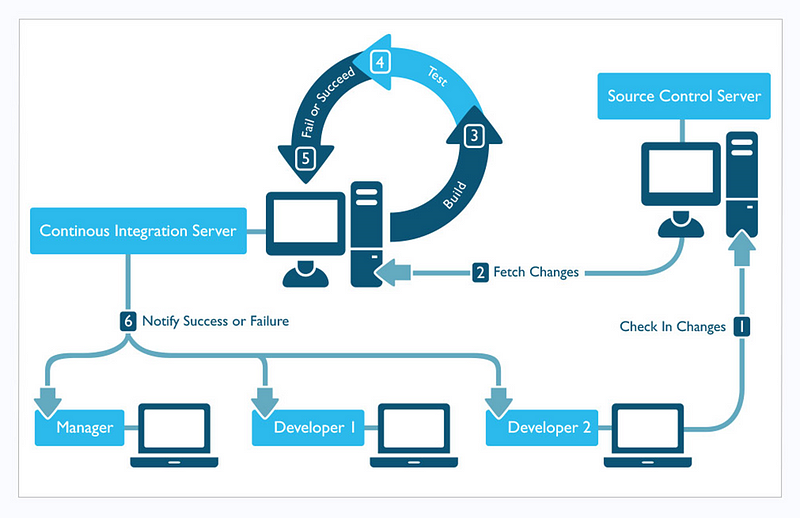
Seek out resources that offer:
- Prioritizing test cases intelligently
- Browser and cross-platform testing
- Tools for visual diff
- Integration of continuous tests
Section 5: Development-Embedded Security Tools
Security is no longer an afterthought—it’s built into the pipeline. Code security tools in 2025 offer static analysis (SAST), dynamic analysis (DAST), software composition analysis (SCA), and real-time vulnerability scanning during code writing and merging.
These instruments:
- Indicate which dependencies are at risk.
- Provide remediation advice.
- Verify adherence to industry norms.
- Encourage safe coding techniques right in the IDE.
Section 6: Documentation and Cooperation Resources
Real-time multiplayer coding, integrated documentation, and developer knowledge graphs are examples of how collaboration has changed from simple version control. Teams can now comment on specific code blocks, link documentation contextually, and even auto-generate API docs from code annotations.
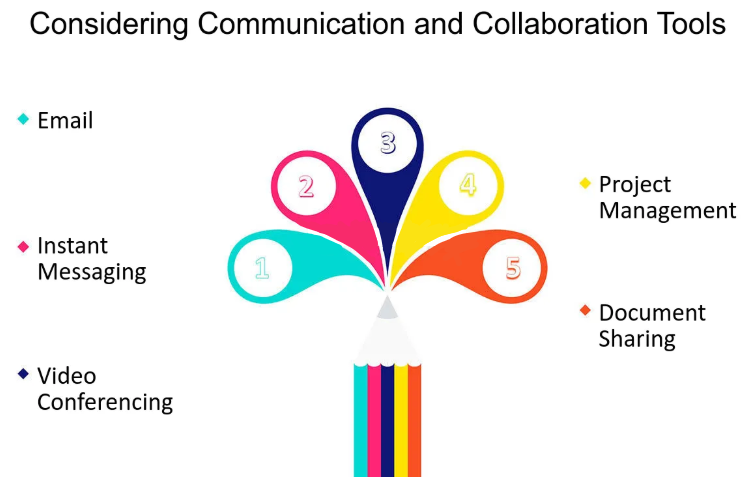
Contemporary collaborative technologies facilitate:
- Cross-time zone code pairing
- Workspace sharing and real-time editing
- Version-based modifications to documentation
Conclusion: Getting Ready for Development’s Future
By 2025, developers are coordinating intelligent systems rather than only writing code. Whether you work as a developer alone, for a startup, or on enterprise-scale projects, having the correct tools can make all the difference in your productivity. The modern development stack is all about integration, automation, and insight, from intelligent editors to DevOps dashboards that offer complete pipeline visibility. They have already been utilized by creative individuals to improve code quality, expedite delivery, and maintain security in a setting that is becoming more complicated.
Embrace the future with these essential tools and revolutionize your building process to avoid falling behind.

